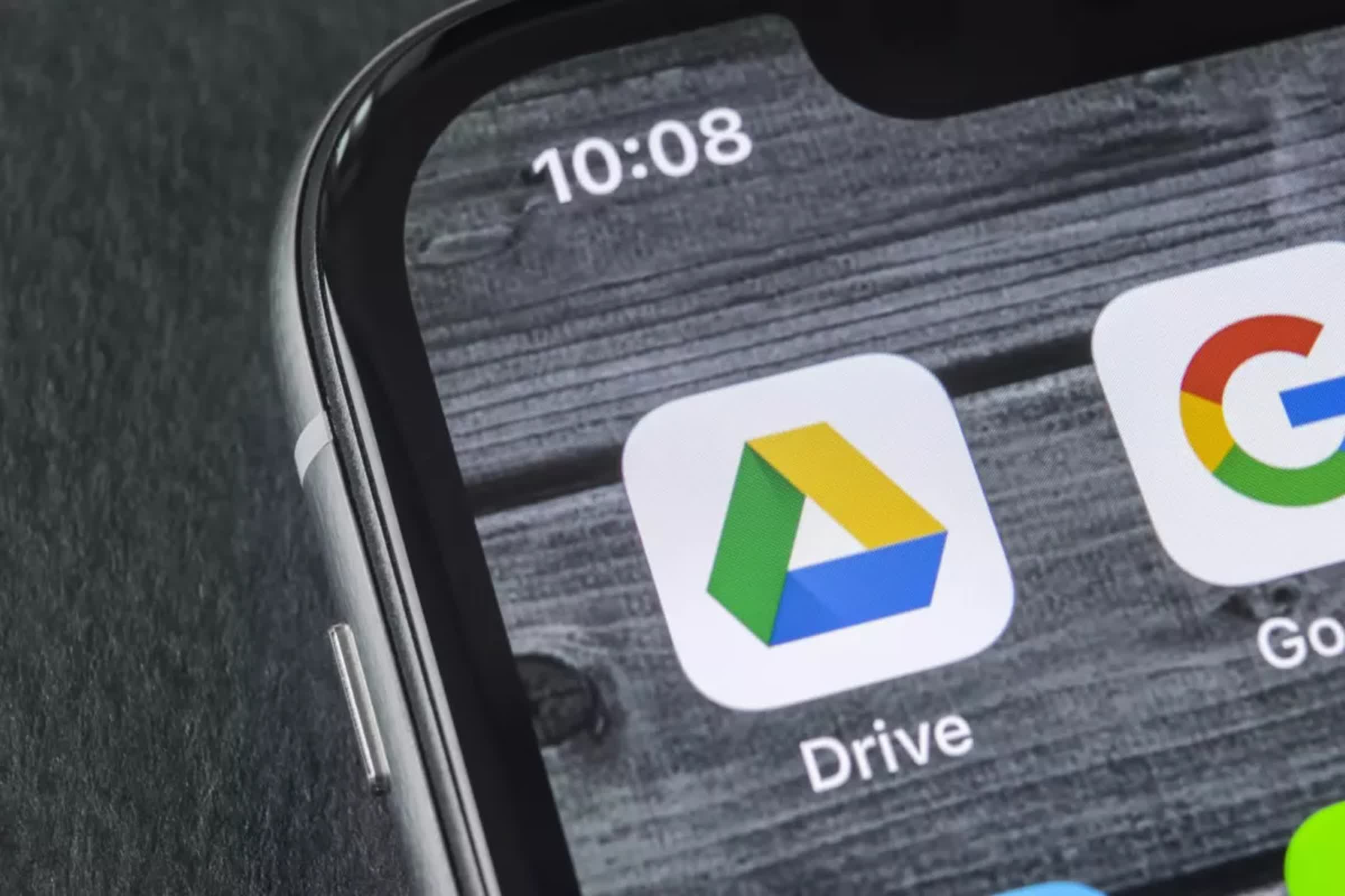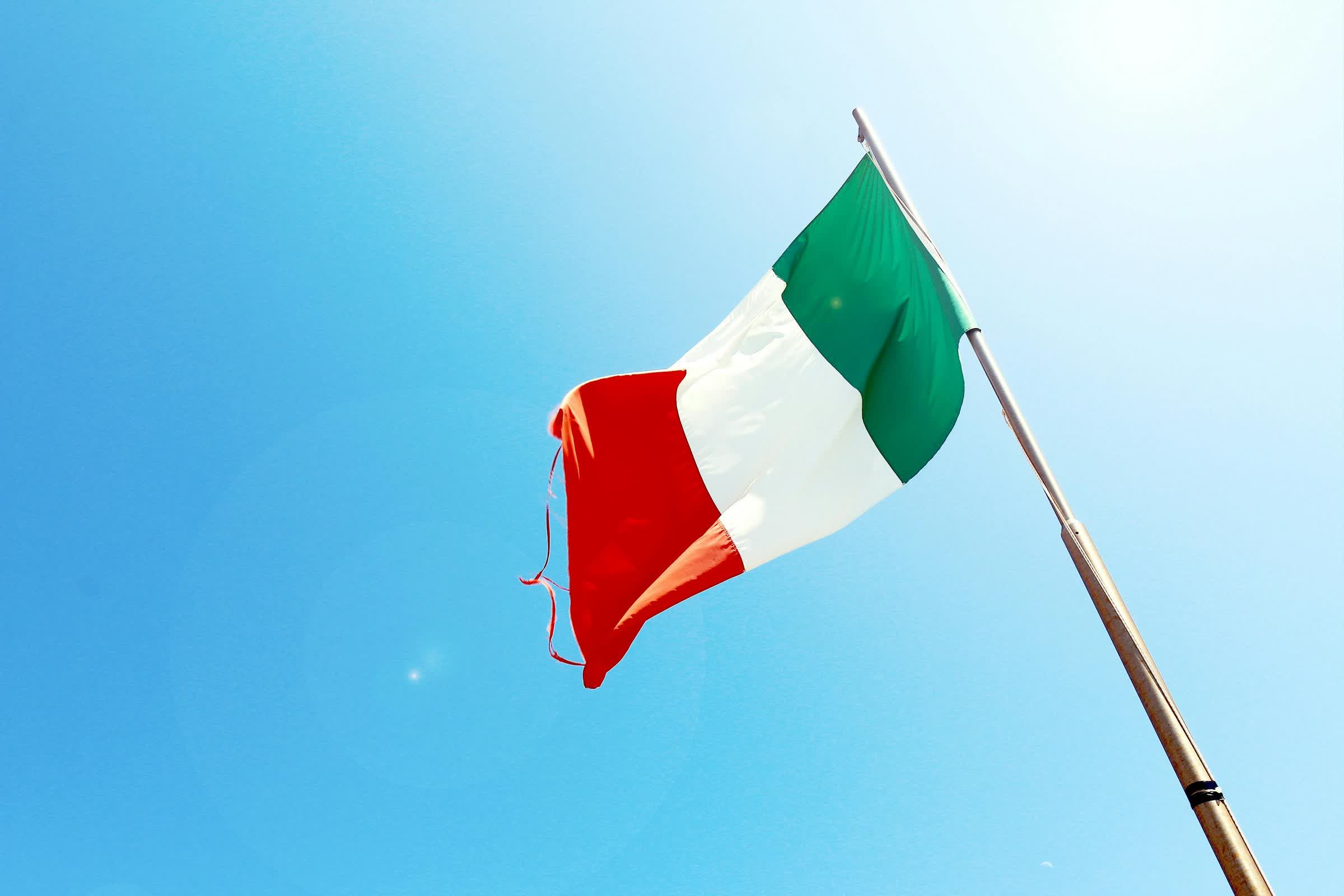Facepalm: Italy’s Piracy Shield anti-piracy system has become a subject of intense debate and scrutiny since its launch in early 2024. Designed to combat live sports piracy by rapidly blocking piracy-related domain names and IP addresses, the system is being criticized for its broad powers and unintended consequences.
While Piracy Shield has successfully blocked numerous pirate sources, it has also been plagued by incidents of overblocking. Reports indicate that legitimate services such as Google Drive and Cloudflare have been inadvertently blocked, causing disruptions for Italian internet users. These incidents have raised concerns about the system’s accuracy and its potential impact on lawful online activities.
The tech industry has recently voiced its apprehensions about Piracy Shield. The Computer & Communications Industry Association (CCIA), representing major tech companies like Amazon, Cloudflare, and Google, expressed serious concerns in a letter to the EU Commission. While acknowledging the system’s intent to protect intellectual property rights, the CCIA argues that the DNS and IP-level blocking measures employed by Piracy Shield are overly broad and potentially harmful.
One of the most significant incidents occurred on October 20, 2024, when Google Drive was mistakenly blocked by Piracy Shield. This error resulted in a three-hour blackout for all Italian users, with lingering effects for a substantial portion of users even after 12 hours.

The CCIA has also raised concerns about the lack of transparency and adequate safeguards in Piracy Shield’s implementation. The fact that the system was developed by a company affiliated with soccer league Serie A, one of the few rightsholders currently authorized to use it, has led to questions about potential conflicts of interest.
In addition to blocking concerns, recent amendments to Italian copyright law have introduced new reporting obligations for intermediary providers. These changes, which include potential criminal penalties for non-compliance, have been criticized for potentially conflicting with EU law and creating a chilling effect on online expression and innovation.
The tech industry is calling for significant reforms to Piracy Shield, including more robust verification protocols, enhanced transparency, and improved redress mechanisms for affected users. The CCIA has gone so far as to urge the EU Commission to engage with the Italian government to halt the anti-piracy measures pending a thorough review of their legality under EU law.

As Piracy Shield approaches its first anniversary, its effectiveness in reducing illegal sports streaming remains debatable. While some data suggests a potential decrease in pirate traffic, conclusive evidence of its impact on new subscriber uptake and customer retention for legal services is still lacking.




